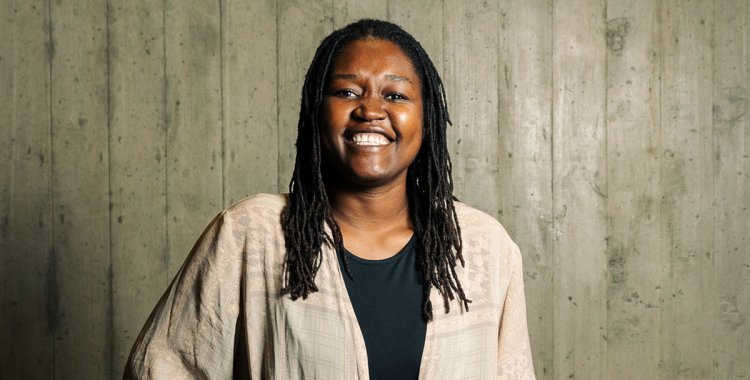In an interview with Lusa news agency regarding the seminar "50 years of Angola's independence - How to build a country: interdisciplinary dialogues", which will take place in Lisbon, Thursday and Friday, the professor, who is one of the three organizers of the event, together with the Portuguese Marta Lança and the Angolan Elisabete Vera Cruz, recalled that "a [significant] part of the Angolan population is between 15 and 35 years old".
"It is a [young] mass with a lot of strength and energy but which finds itself facing a country that is quite complex and has several problems", he stated, highlighting the importance of thinking "what futures exist for the population, which is young and continues to grow".
For Marta Lança, head of the BUALA Association, the entity that organizes the seminar with the support of the Gulbenkian Foundation, looking critically at history and society is the best way to learn, transmit and develop knowledge.
According to the researcher, one of the challenges of the seminar is to lead “to the exercise of thinking together about the promises of independence that were not fulfilled” and it arises in order to address the complexity of the different moments and the current situation in the country.
Held in the context of the 50th anniversary of Angola's Independence, this seminar, which takes place during Africa month, aims to "bring together voices" and is carried out "with and by Angolan people", say the organizers.
"All the speakers are Angolans, of different profiles and ages, which allows us to bring together different voices and thoughts about - and from - Angola", said Marta Lança, a researcher with a long-standing working and emotional relationship with Angola.
The panels on the first day of the seminar are: "Colonialism and the Struggle for Liberation", "Independence" and "Learning Democracy" and feature the participation of Henda Ducados, Diana Andringa, Salvador Tito, Ana Paula Tavares, Hélder Bahu, Jean Michel Mabeko Tali, Israel Campos, Luzia Moniz and Sedrick de Carvalho.
On the second day, the panels "How Our History is Told", "Difficult Heritage and Reparations" and "Urgent Angola" will feature the presence of Sizaltina Cutaia, Vladimir Prata, Zezé Nguelleka, Ângela Mingas, Jonuel Gonçalves, Maria João Teles Grilo, Suzana Sousa, César Chiyaya, Dina Sousa Santos and Elias Celestino.
Elisabete Vera Cruz, from Agostinho Neto University, will give the closing speech on the theme "From the past and future imperfect(s), to the crossroads of the present".
The seminar, open and free to participate, will take place at the National Library (with online transmission), where there will be a FALAS AFRIKANAS book stand.
At Casa Comum, also in Lisbon, cinema sessions will take place on Saturday and Sunday, which are part of the cultural dimension of the seminar.
On Saturday, the documentaries "Mulheres de Armas", by Kamy Lara (2012) and "Independência", by Fradique (2015) will be shown, and on Sunday, "Nossa Senhora da Loja do Chinês", by Ery Claver (2022), a film that, according to Marta Lança, "shows contemporary Luanda and a society alienated by religion, the strength of political power, and brings new identities, with the already well-established relationship with China".







